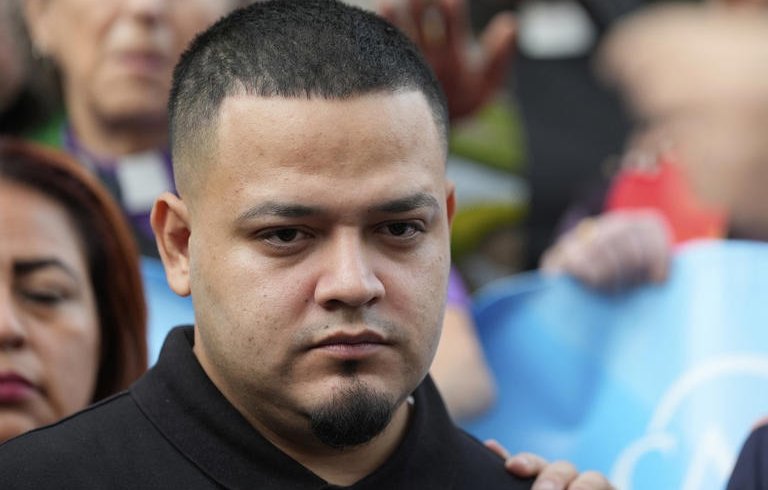The case of Kilmar Abrego Garcia has drawn renewed attention to the limits of U.S. deportation law as he fights government attempts to send him to Uganda, a country with which he has no ties. After being mistakenly deported and later returned to the United States, Abrego Garcia is now preparing for an evidentiary hearing that could determine not only his fate, but also the scope of immigrant rights under U.S. law.
U.S. District Judge Paula Xinis signaled concern over the government’s handling of the case, cautioning that while errors may already have occurred, it is “not too late” for officials to correct course. A Justice Department lawyer pushed back, objecting to her preliminary findings, leaving the case at a pivotal juncture.
At the heart of the dispute is whether Abrego Garcia has the legal right to designate Costa Rica as his country of removal. Federal law allows noncitizens to request a preferred destination, provided the receiving country agrees. Costa Rica has indicated it would accept him as a lawful immigrant and pledged not to return him to El Salvador, where he fears persecution. Yet after he refused a plea deal that would have required him to serve prison time before being removed, the government shifted its plans and said it intended to deport him to Uganda instead.
Abrego Garcia has formally objected, citing a fear of persecution in Uganda and the risk of being forcibly returned to El Salvador. His lawyers argue that deporting him there would not only endanger his safety but also violate both U.S. immigration law and international protections. Judge Xinis highlighted the lack of assurances from Uganda compared with Costa Rica, noting the “significant contrast” in the responses from the two countries.
The controversy deepened when details of the rejected plea deal emerged. His defense team claims prosecutors tied his ability to choose Costa Rica to his willingness to plead guilty in a human smuggling case. Judge Xinis suggested this could amount to conditioning a constitutional right on the surrender of another, a practice she said the government cannot pursue. Prosecutors, however, maintain that the negotiations were routine and deny any improper pressure.
As the hearing approaches, Abrego Garcia’s case has become more than a question of where he will be sent. It is shaping into a broader test of whether the U.S. government can override statutory rights, disregard safety concerns, or leverage deportation destinations in criminal negotiations. The outcome will set an important precedent in how far immigration authorities can go and how firmly the courts will draw the line.
